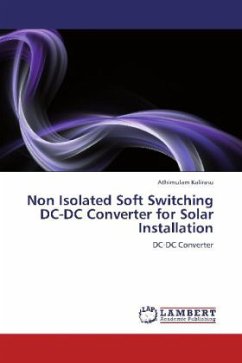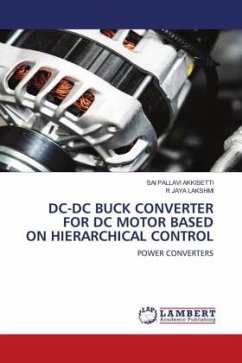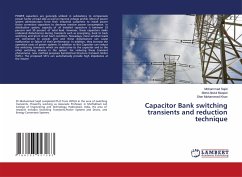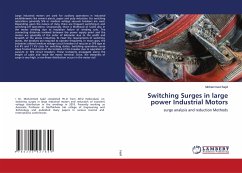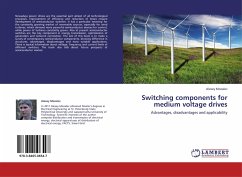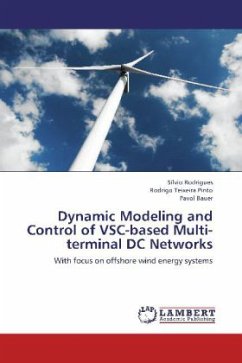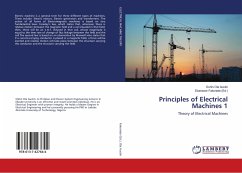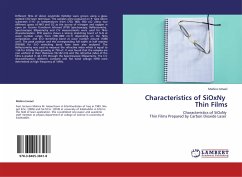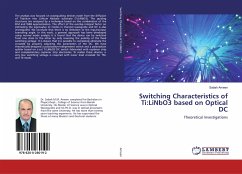
Switching Characteristics of Ti:LiNbO3 based on Optical DC
Theoretical Investigations
Versandkostenfrei!
Versandfertig in 6-10 Tagen
41,99 €
inkl. MwSt.

PAYBACK Punkte
21 °P sammeln!
The analysis was focused on waveguiding devices made from the diffusion of Titanium into Lithium Niobate substrate (Ti:LiNbO3). The guiding structures are analyzed by a technique based on the combination of the EIM and WKB approximation. The effect of the overlap integral factor on estimating the eigenvalue of modes in channel waveguide and DC is also investigated. We conclude that there is no limitation to the input/output branching angle. In this work, a general approach has been developed using normal mode analysis. It is found that the device can be switched from one state to the other by ...
The analysis was focused on waveguiding devices made from the diffusion of Titanium into Lithium Niobate substrate (Ti:LiNbO3). The guiding structures are analyzed by a technique based on the combination of the EIM and WKB approximation. The effect of the overlap integral factor on estimating the eigenvalue of modes in channel waveguide and DC is also investigated. We conclude that there is no limitation to the input/output branching angle. In this work, a general approach has been developed using normal mode analysis. It is found that the device can be switched from one state to the other by only reversing the polarity of the fixed switching voltage. It is shown that it is possible to completely eliminate the crosstalk by properly adjusting the parameters of the DC. We have theoretically designed a polarization-independent switch and a polarization splitter based on z-cut Ti:LiNbO3 DC switch fabricated with coplanar strip and complementary coplanar strip electrodes. To realize these devices, a very low switching voltage is required with lower level crosstalk for TM- and TE-mode.



